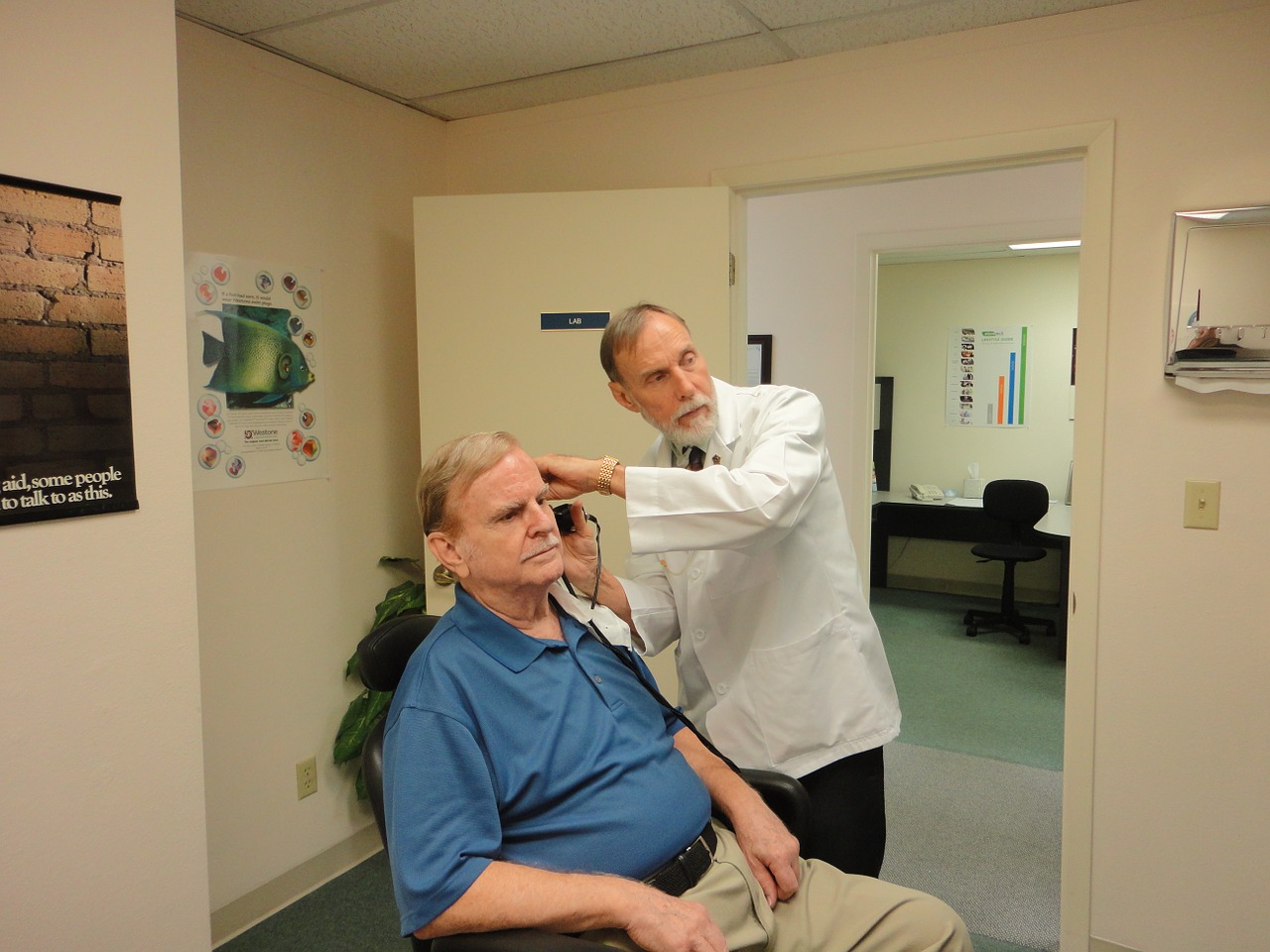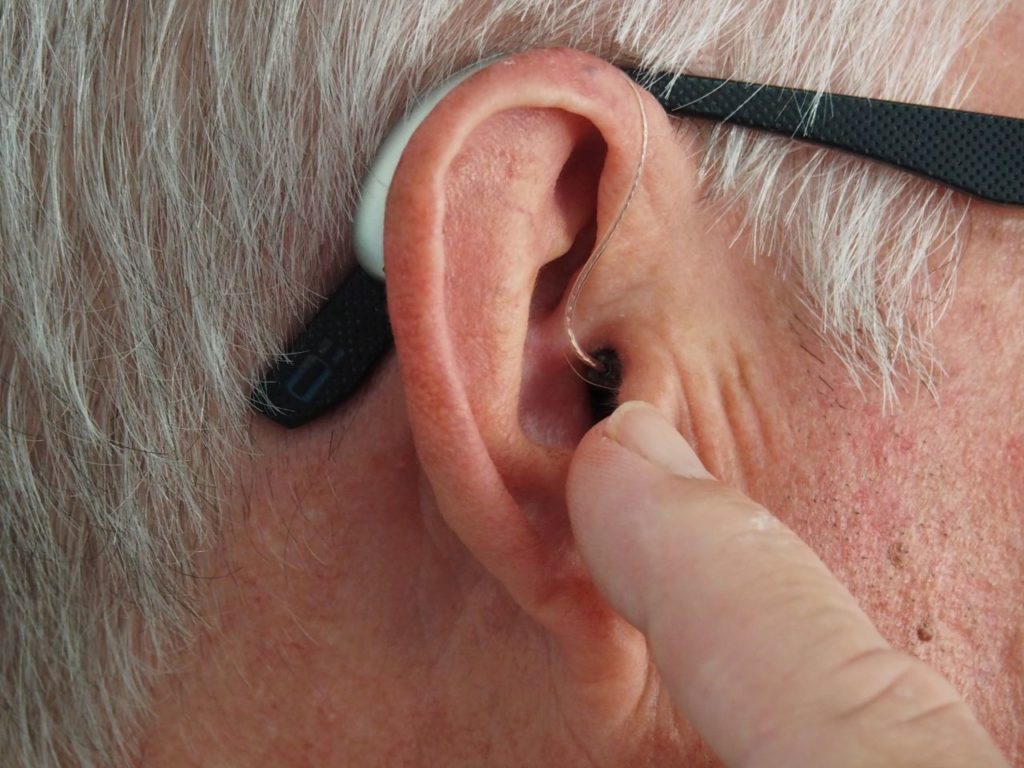When it comes to healthcare professions, people usually think of ENT physicians, dentists, mental health professionals, physical therapists, or others. Audiologists don’t usually spring to people’s minds unless they are receiving treatments for ear-related issues. As the name states, an audiologist is a healthcare professional who specializes in a patient’s hearing, balance, or ear-related issues.
But audiologists are becoming more indispensable over the years. As per the World Health Organization’s most recent data, around 466 million people in the world have a disabling hearing loss, and 34 million of them are children. It has also been estimated that by 2050, more than 900 people in the world will already be affected by hearing problems. That’s 1 in every 10 people needing an audiologist.
Hearing loss is caused by different factors, some of which congenital or acquired. Congenital hearing loss may be present or contracted soon after birth, while acquired hearing loss can strike at any age, usually due to diseases, aging, foreign objects blocking the ear canal, etc.
There are many misconceptions about hearing loss or hearing impairment, which is probably why numerous people are unaware that they, too, have a sort of hearing or ear problem. In this article, we’ll discuss an audiologist’s role in spreading knowledge about their expertise, and how they can market their practice while doing so.
Myths About Hearing Loss
-
Only the Elderly are Affected by it
People of all ages can be diagnosed with a hearing problem. Teens and young adults may acquire a type of hearing loss called Noise-induced Hearing Loss (NHL). It is one of the most common types of hearing issues, with around 26 million Americans between ages 20 and 69 years old dealing with it. Constant usage of earbuds or headphones can cause it, especially when the volumes on those devices are set too high.
Sure enough, recreational exposure to loud sounds issuing from personal audio devices is among the most common causes of acquired hearing loss, according to the WHO. Blaring noises in nightclubs, bars, concerts, and sporting events can also damage a young person’s hearing.
-
Doctors can Immediately Detect a Hearing Problem
Unless you go straight to an audiologist, a doctor won’t be able to detect your hearing problem immediately. It is a patient’s responsibility to report their symptoms to a doctor so that they can get check by the right physician.
-
Hearing Loss in One Ear Only isn’t a Problem
The brain inputs information from both ears. Hence, if one ear is unable to hear well, it may affect a person’s ability to identify where a sound is coming from, or to understand speech. Unilateral hearing loss or single-sided deafness also increases a person’s overall cognitive load.

-
Hearing Aids Restore Lost Hearing
Hearing aids are equipped with sensitive microphones that pick up sounds and filter out background noises. While they help increase a person’s hearing, it cannot restore normal hearing. So far, there is no man-made device yet that can do such.
-
Hearing Loss Cannot Be Prevented
Many types of hearing problems, including NHL, are absolutely preventable. Hearing aids, surgery, and professional earwax removal are some procedures that help improve muffled hearing.
-
Hearing Loss is a One-sided Problem
Some people with a hearing impairment might assume that they’re the only ones burdened by their condition. But in truth, their loved ones and everyone they interact with can also suffer the impact of their hearing loss. Indeed, it is frustrating not to be heard by someone you’re talking to, even more so if you care for them.
Ways to Market Your Audiology Practice
It is an audiologist’s mission to spread correct information about hearing loss. When more people become educated about it, they’ll grow more concerned about their hearing, and never disregard the subtle signs of hearing loss again.
As with any business, audiology practice can also be marketed through social media, which an audiologist may use to share information and contact details. Patients are easy to reach out to on social media. They can find an audiologist’s official website from Facebook, Instagram, or Twitter, or send messages directly using any of those social networks.
Search Engine Optimization (SEO) is another popular strategy. In fact, it is the first step every audiologist should consider when making marketing plans. A well-designed website with informative and engaging content is what will make search engines rank a website high in result pages, making potential patients easily find an audiology clinic.
Audiologists may also sell their practice to an acquisition company, such as HH Acquisitions, to expand their reach and accelerate their success. That way, they can also join networks of other audiologists, and learn the intricacies of business management.
With wireless earbuds sold at every price, more people are increasing their risk for hearing loss, triggering a greater need for audiologists. Therefore, every audiologist, or healthcare professional for that matter, should also spread knowledge passionately, and let everyone know that while hearing loss is a serious problem, it is highly preventable.

